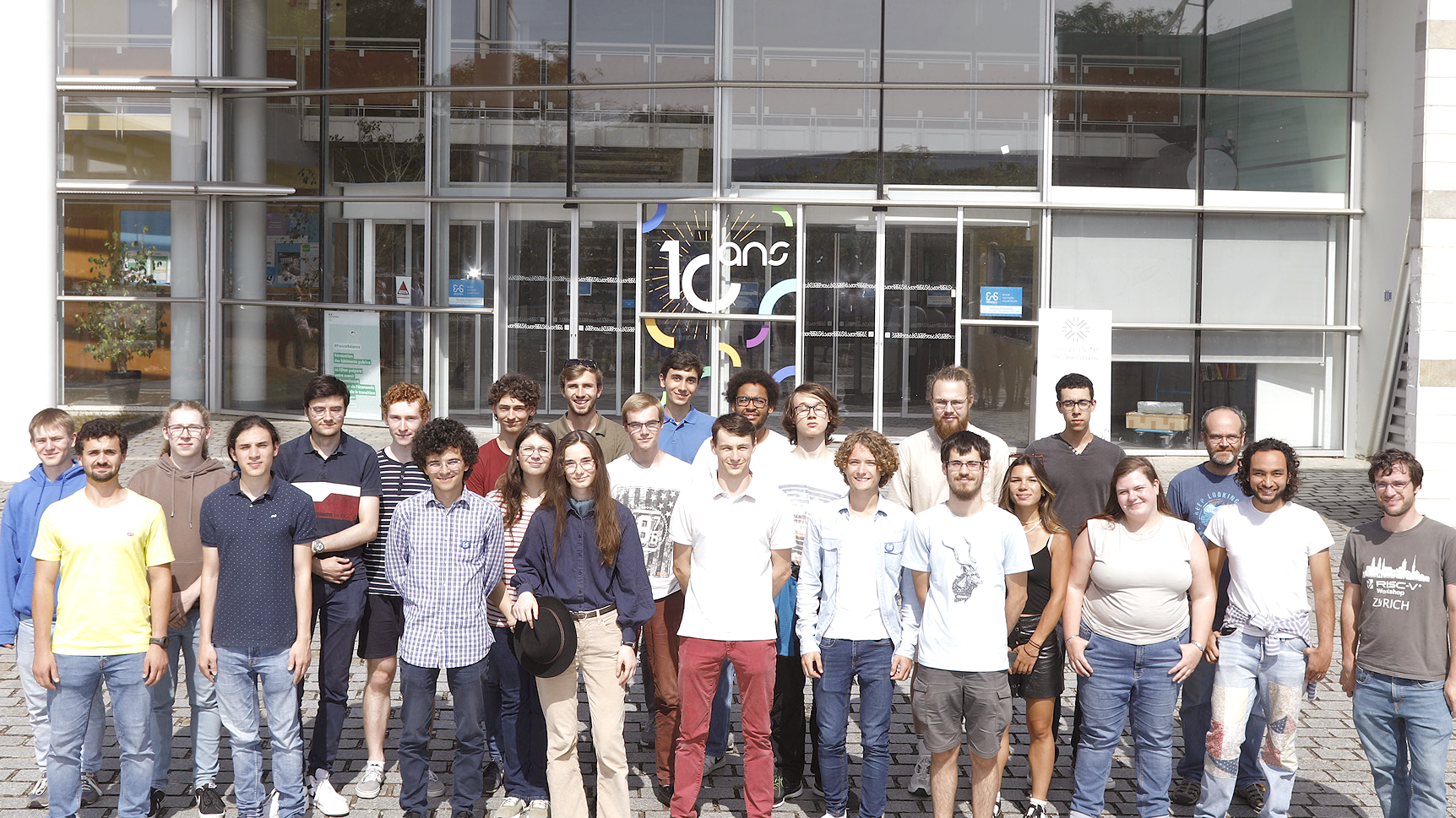Contact
Archives
- Séminaires 2024-2025
- Séminaires 2023-2024
- Séminaires 2022-2023
- Séminaires 2021-2022
- Séminaires 2020-2021
- Séminaires 2019-2020
- Séminaires 2018-2019
- Séminaires 2017-2018
- Séminaires 2016-2017
- Séminaires 2015-2016
- Séminaires 2014-2015
- Séminaires 2013-2014
- Séminaires 2012-2013
- Séminaires 2011-2012
- Séminaires 2010-2011
- Séminaires 2009-2010
- Séminaires 2008-2009
- Séminaires 2007-2008
- Séminaires 2006-2007
- Séminaires 2005-2006
- Séminaires 2004-2005
- Séminaires 2003-2004
- Séminaires 2002-2003






